
Zaburzenia językowe
Zaburzenia językowe mogą wynikać z różnych przyczyn, w tym czynników genetycznych, dysfunkcji mózgu i kwestii rozwojowych. Zaburzenia te mogą wpływać na umiejętności komunikacyjne, które mogą wynikać z wyzwań sensorycznych, motorycznych,…

Discourse Analysis in Language Learning
Language is not merely a collection of words and sentences but a complex system of communication deeply intertwined with social, cultural, and historical contexts. Discourse analysis is a tool that…
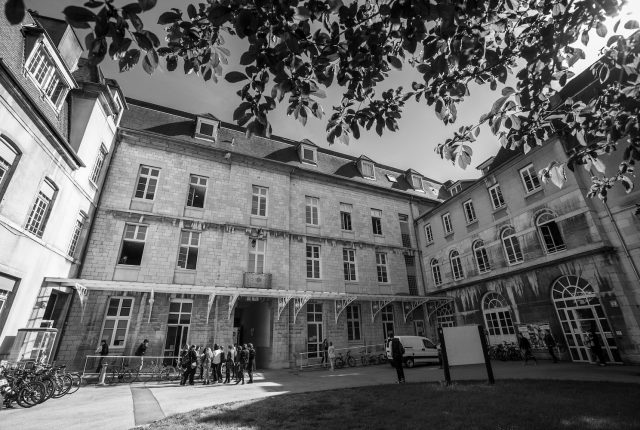
Didactique des langues: Language Teaching Methodology
Understanding how languages are taught involves exploring the history, terminology, and various approaches used in language education. This article delves into the evolution of language teaching methods, particularly focusing on…
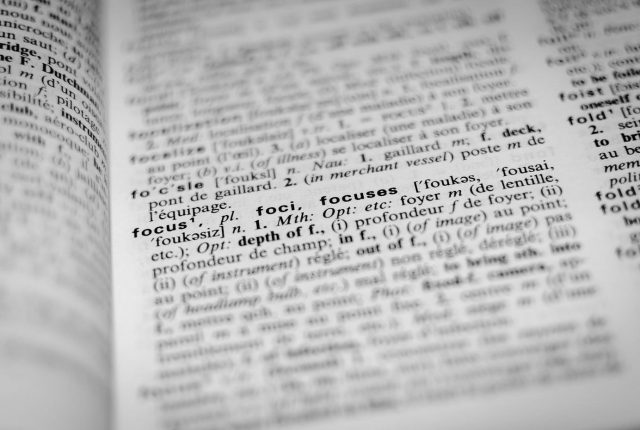
Dictionaries: Your Essential Guide
Dictionaries are like treasure chests filled with information about words. They’re not like encyclopedias that talk about everything, but they focus on the meaning, spelling, pronunciation, history, grammar, and usage…
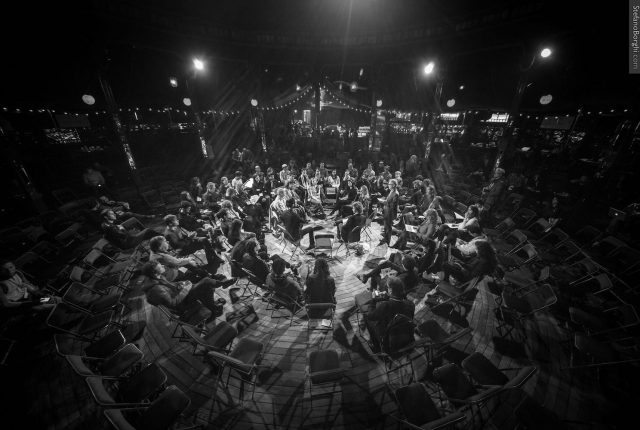
Cultural Studies: Exploring Cultural Phenomena for Language Learning
Cultural Studies is a broad term that refers to the examination of various cultural aspects, including products, processes, and issues. It originated in Britain and has since spread to many…
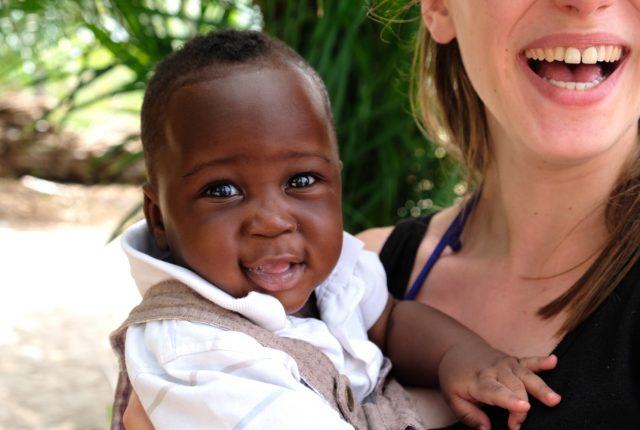
Cultural Awareness in Language Learning
In the world of language education, one term that frequently pops up is “Cultural Awareness” (CA). But what exactly does it mean, and why is it important? Let’s delve into…
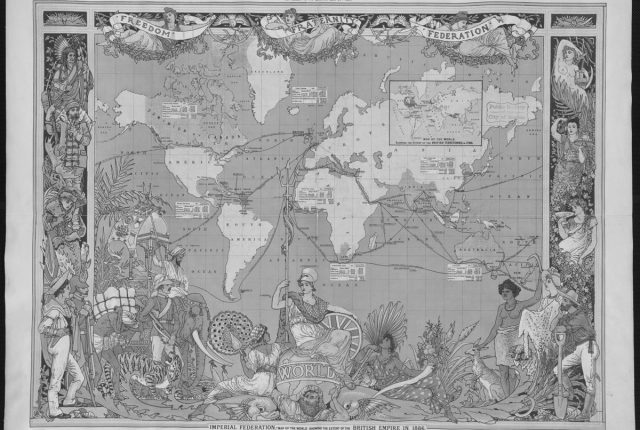
Creoles: A Simplified Introduction
A Creole language is defined as a stable natural language that resulted from the mixing of two other languages. There are currently about 100 examples of Creole languages, many (but…

Corpus Linguistics for Language Learning
In the world of language learning, understanding how language works is essential. One important field in this area is called “corpus linguistics.” Corpus linguistics is all about studying large collections…



